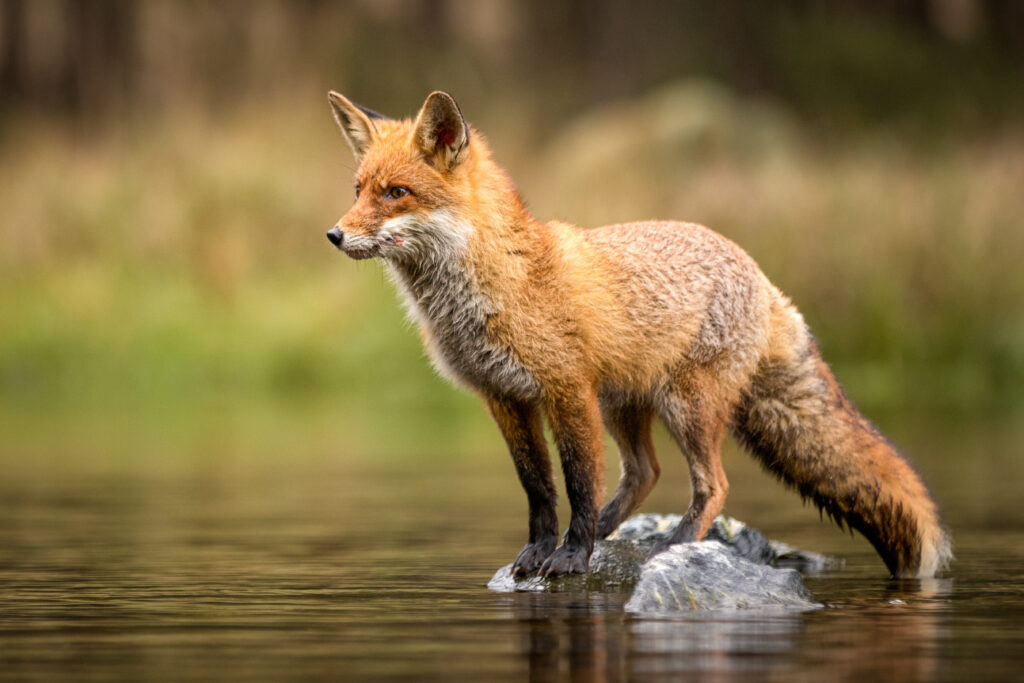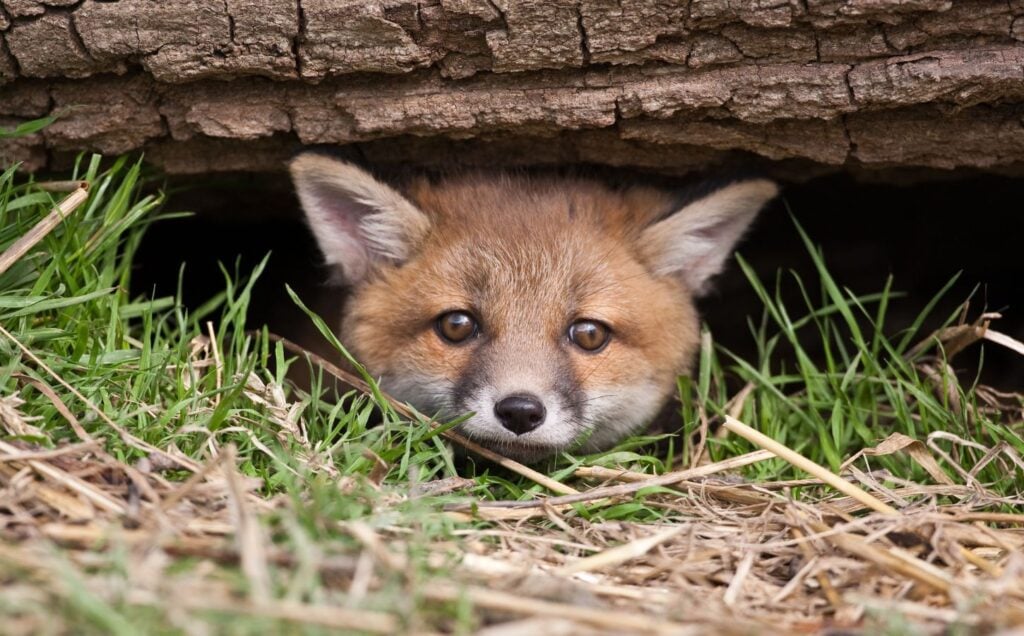An animal welfare charity has warned that fox hunting is having a “shocking impact” on native wildlife and rural communities in Britain.
The claim comes from League Against Cruel Sports (LACS). The organization collects data on suspected illegal hunting every year, including via its Animal Crimewatch service.
Its latest findings included 180 reports related to suspected illegal hunting across 40 counties in the UK. The highest number of incidences took place in Dorset, Gloucestershire, Warwickshire, Devon, and Somerset.
These come despite fox hunting being banned, as per the 2004 Hunting Act.
In addition to illegally taking the lives of thousands of foxes, hunting parties also impact local people and other animals. According to LACS, reports of hunts intimidating individuals, impacting railway lines and roads, and harassing farmed and companion animals are commonplace.
“These incidents clearly show the impact hunting has on rural communities, as well as wildlife, despite it being banned,” Chris Luffingham, director of external affairs for League Against Cruel Sports said in a statement.
“It’s time for change and to strengthen legislation to properly ban hunting and end this brutal and sordid so-called sport once and for all.”
The charity states that it has seen numerous accounts of potential hunt activities, on private and public land, during the latest fox “cubbing” season. This runs from August to October, and sees hunts encouraging their dog packs to seek out and kill young foxes. This is entertained to give dogs a taste for killing larger specimens. It is estimated that up to 10,000 fox cubs are brutally killed by hunters each year.

Why is fox hunting still happening?
The 2004 Hunting Act made it illegal to hunt certain mammals with dogs. These include foxes, hares, mink, and deer. It covers England and Wales, with Scotland implementing its own ban in 2002.
Since it was brought in, the law has faced fierce criticism from pro-hunting lobbies, which have sought to abolish or weaken the legislation. Having been unsuccessful, hunting groups have taken to exploiting loopholes to continue participating in bloodsports.
One reason for the lack of convictions against hunts is that they claim to be partaking in “trail hunting.” Exempt from the Hunting Act, this allows groups to set their dogs on a scent laid out by humans, usually of fox urine. It is supposed to mimic the experience of traditional hunting but with none of the killing.
But dog packs frequently pick up a “real” live animal scent and follow that instead. Hunts have used this as an excuse when facing potential prosecution, saying they didn’t intend to track a fox.
However, according to LACS, leaked videos prove that trail hunting is used as a “smokescreen” to intentionally hunt foxes. The organization’s exposé resulted in Mark Hankinson, the then director of the Masters of Foxhounds Association, being found guilty of inciting others to break the law in 2021. Earlier this year, however, he won an appeal and his conviction was overturned.
What can be done to protect foxes?
LACS is calling for a crackdown on illegal hunting. It wants to see the Hunting Act strengthened through a number of amendments.
Chief amongst them is a proposal to include a “reckless” provision. If brought in, it would prevent trail hunting from being used as an alibi for fox deaths. Other potential revisions include longer prison sentences for guilty parties. And, prohibiting dogs from being sent underground to flush out animals.
Public support for the fox hunting ban has remained strong. In 2017, LACS commissioned a poll that showed 85 percent of people believe the ban should stay in place. Looking specifically at rural communities, where hunts commonly take place, 81 percent of residents still wanted to see the ban upheld.






